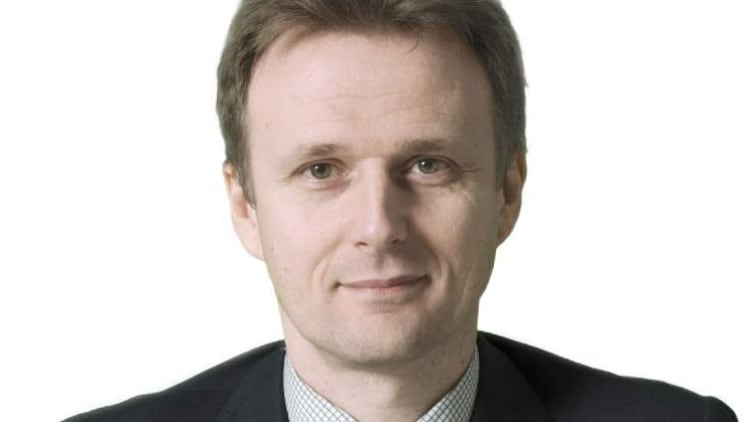The Diplomat
The President of the Government, Pedro Sánchez, warned yesterday that “the strongest message” that can be sent to Vladimir Putin’s regime is “unity” and, therefore, it is “fundamental that all political parties are behind the Government of Spain and the rest of the EU member states” in the response to the Russian invasion of Ukraine.
Pedro Sánchez made these statements during his visit to the headquarters of the Special Operations Group (GEO), in Guadalajara, where he congratulated the members of this corps who participated in the evacuation of 150 Spaniards from Ukraine and held a videoconference with the troops currently on the border between Ukraine and Poland. The President of the Government was accompanied by the Minister of the Interior, Fernando Grande-Marlaska.
“The principles of freedom and democracy that the EU embodies are under attack and we must defend them,” said Sánchez in a statement to the media at the GEO Operational Base. “Europe and the world are united against war, in support of Ukraine and in solidarity with its people,” he continued. “The strongest message that we can send the international community and, in particular, Europe to Putin, to the aggressor power, is unity” and, therefore “it is essential that all political parties are behind the Government of Spain and united with the rest of the EU member states”.
The head of the Executive made these statements one day after his appearance before the Congress of Deputies to report on the crisis in Ukraine, in which he announced that Spain “will deliver to the Ukrainian resistance offensive military material”. The measure, which he justified by the need to maintain “unity” among all the parliamentary groups, was rejected by Unidas Podemos, the PSOE’s ally in the Government coalition -with the exception of the vice-president Yolanda Díaz-, and applauded by the PP -which celebrated his “rectification” and offered him its support-, Vox, Ciudadanos and PNV.
So far, Pedro Sánchez had resisted sending arms to Ukraine, unlike most of the European partners, but he has finally modified his position because of pressure from Brussels and after the EU High Representative for Foreign Policy (and former Foreign Minister with Sánchez), Josep Borrell, warned this week in the European Parliament that no one should look the other way in the face of Russia’s aggression.
On the other hand, Ukrainian Foreign Minister Dmytro Kuleba had a telephone conversation with his Spanish counterpart, José Manuel Albares, on Wednesday to thank him for the government’s decision to send weapons to his country. “Grateful to Spain for approving an immediate delivery of lethal weapons to Ukraine so that we can defend ourselves,” Kuleba said via his Twitter account. “The more resolute we all are now, the sooner Russian elites and people will realize the absurdity of this war,” he added. “Call with my colleague Dmytro Kuleba to express my admiration for the determination of the Government and the courage of the Ukrainian people in the face of intolerable Russian aggression. Spain will continue to support Ukraine,” Albares stated through the same social network.
The Minister of Defense, Margarita Robles, announced this Wednesday, in declarations to Antena 3 Noticias, that tomorrow, Friday, two Air Force planes will leave for Poland, to “a point very close to the border with Ukraine”, with offensive material (1,370 grenade launchers and 700,000 rifle, machine gun and light machine gun cartridges) that will be collected “by the Ukrainian authorities”. It is a “very important” material because it allows “very individualized defense, that is, it can be used by people who do not have a great experience in the use of weapons”, she explained.
For his part, the Minister of Foreign Affairs, José Manuel Albares, told Onda Cero that the Government’s new decision “is not a change, it is an evolution, as is happening in all European countries”. “Russia’s illegal attack happens suddenly and, on the fly, all the states of Europe are taking decisions,” he continued. “On Sunday, as a matter of urgency, we met the foreign ministers and Spain added its voice to that of sending defensive material to unarmed civilian Ukrainians so that they could defend themselves,” he continued. “Germany thought that the best way to help was not to send military material and, 48 hours later, it sent military material. There is no rectification.”
The spokeswoman of the Executive, Isabel Rodríguez, assured yesterday that “there is unity both in Parliament and in the Government” in relation to Russia and Ukraine, despite the “discrepancies” between the PSOE and some ministers of Unidas Podemos (especially, Ione Belarra and Irene Montero). For her part, the second vice-president of the Government -and leader of the confederal space of Unidas Podemos in the Executive-, Yolanda Díaz, yesterday defended again the sending of arms to Ukraine and reminded that the leadership in foreign policy corresponds to the President of the Government.







